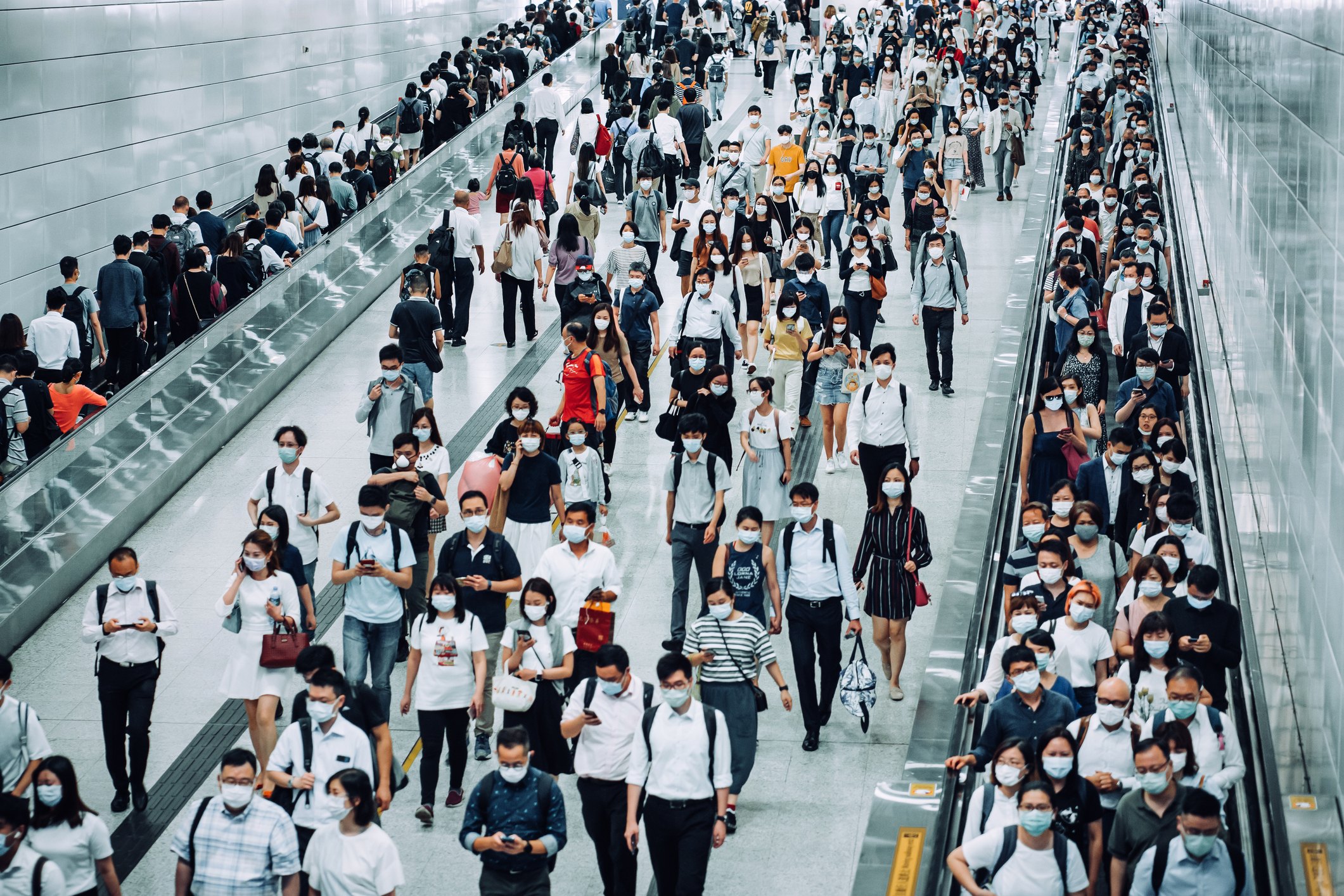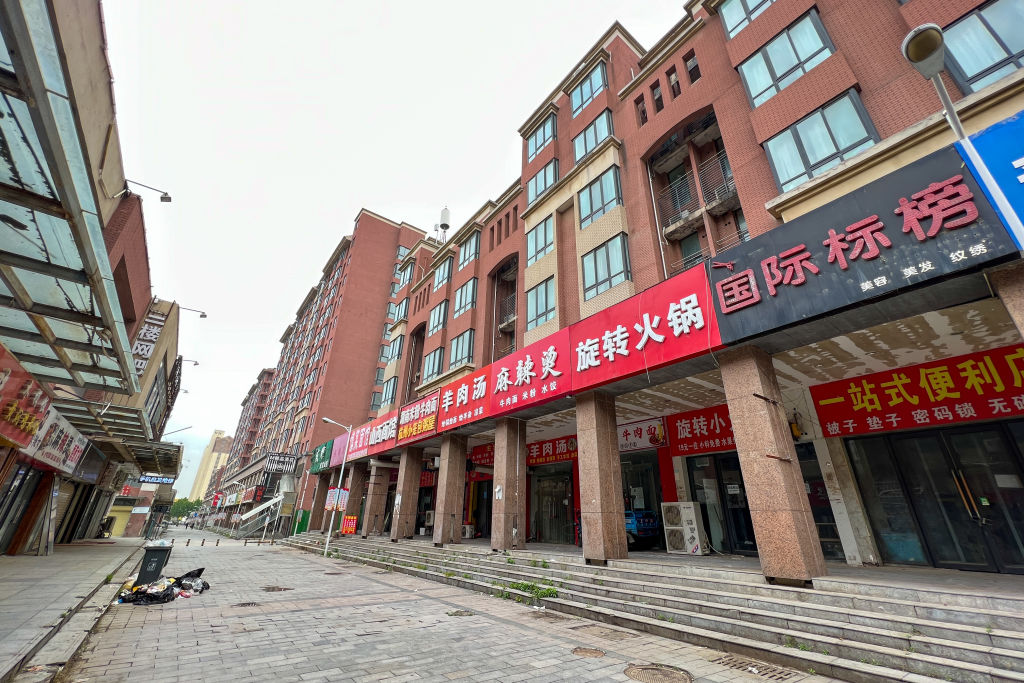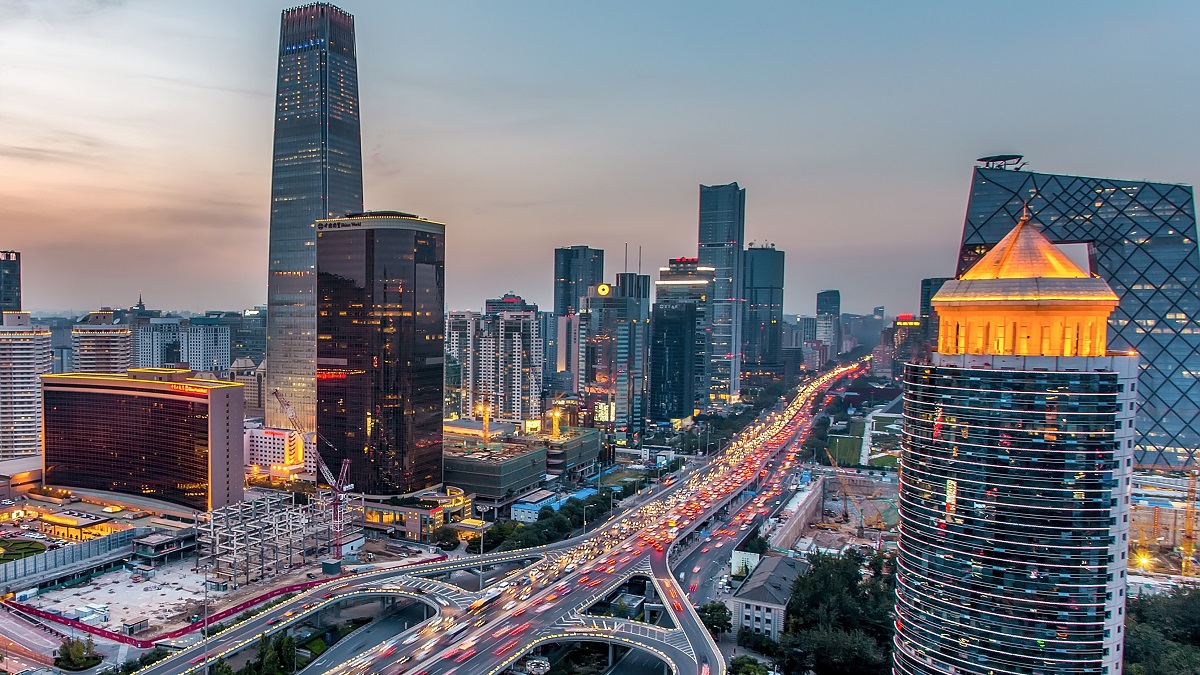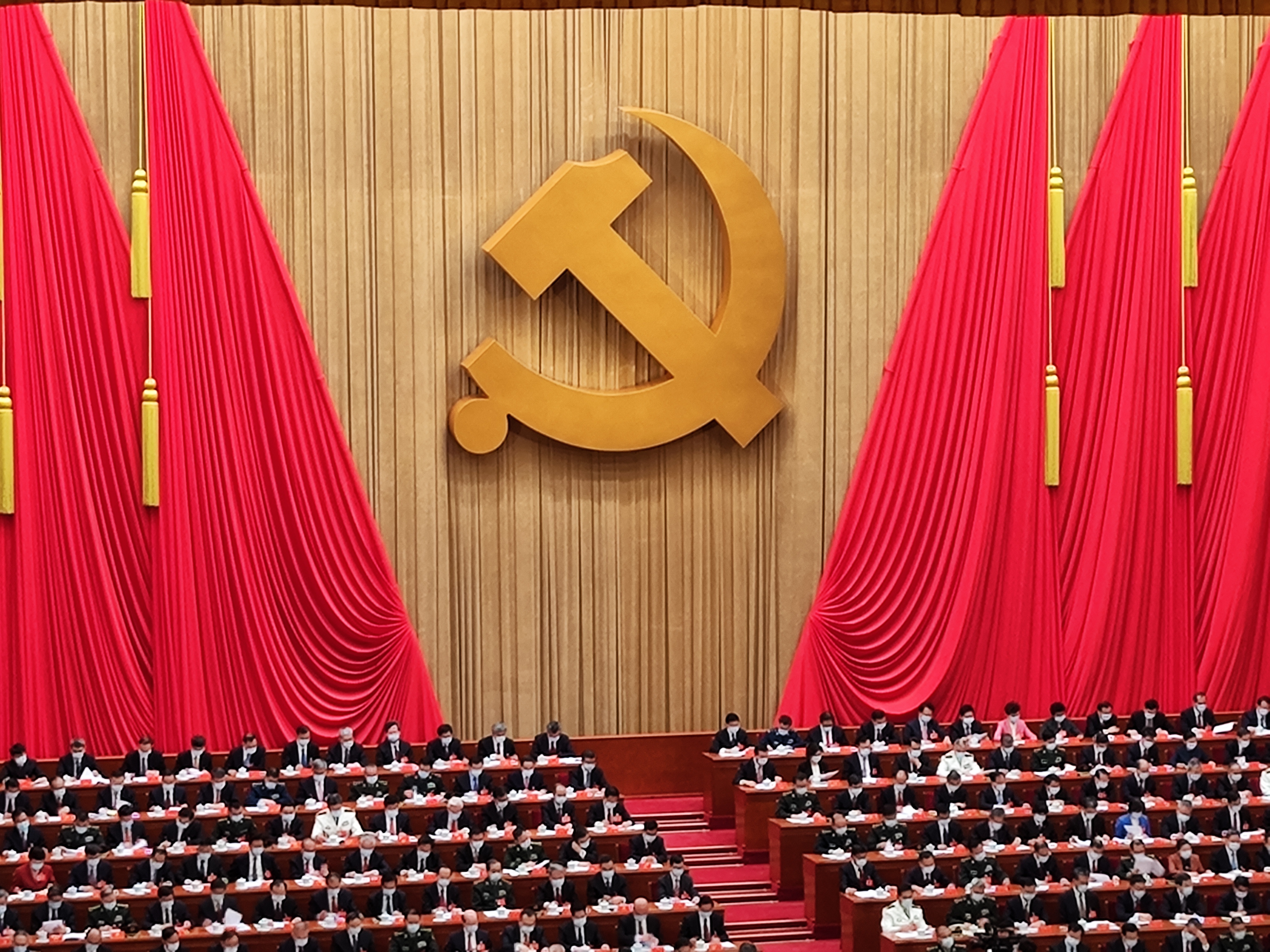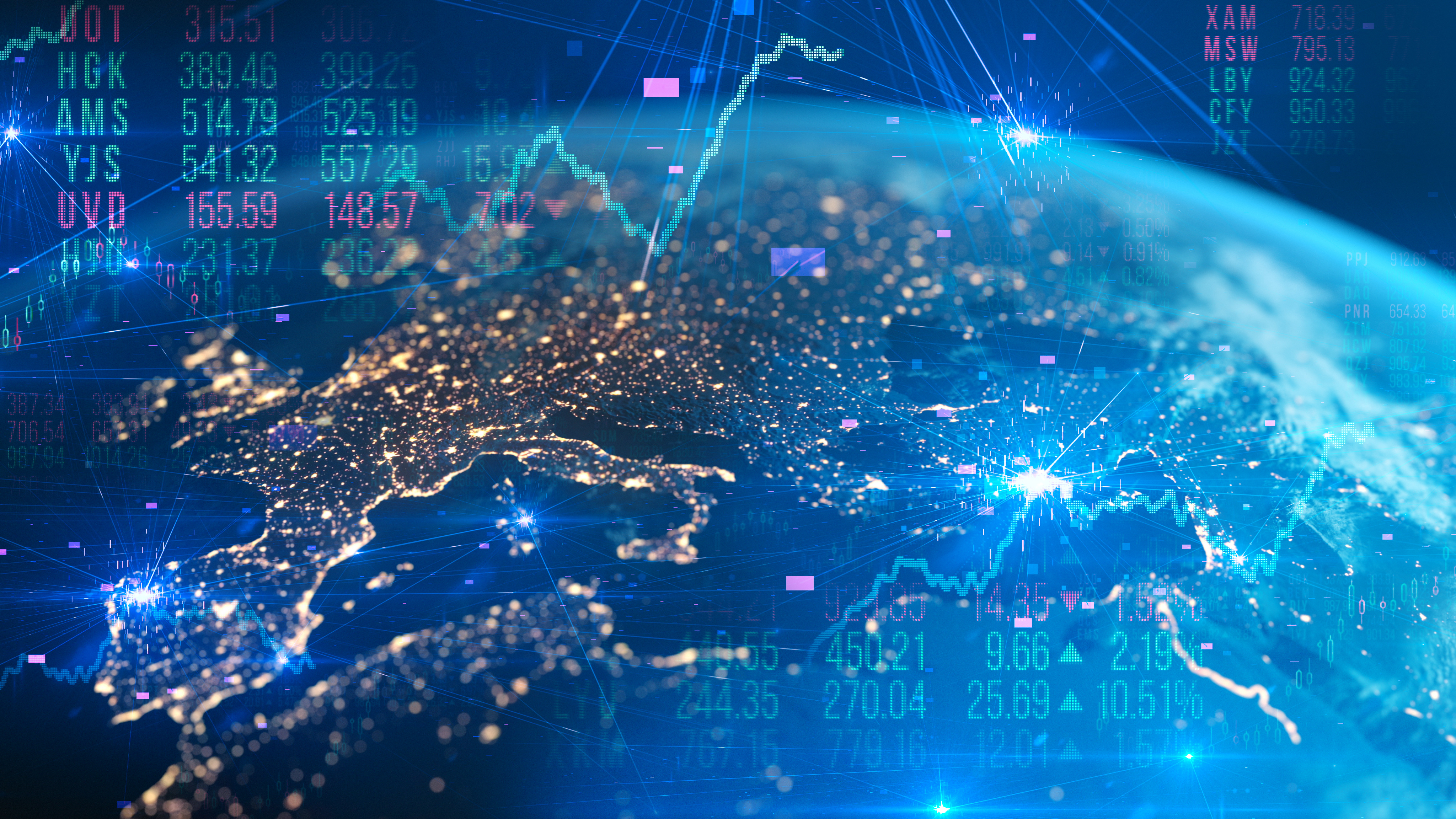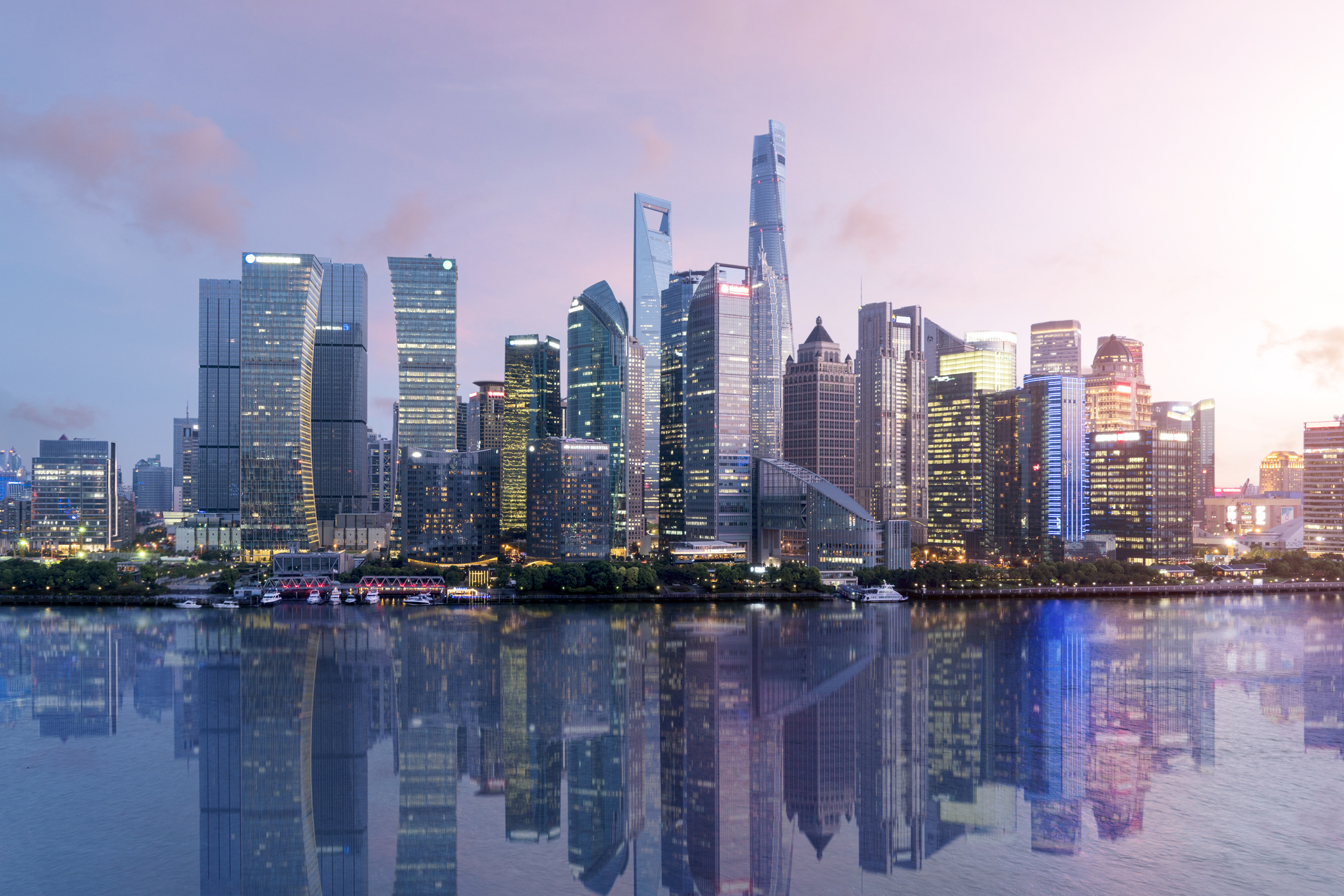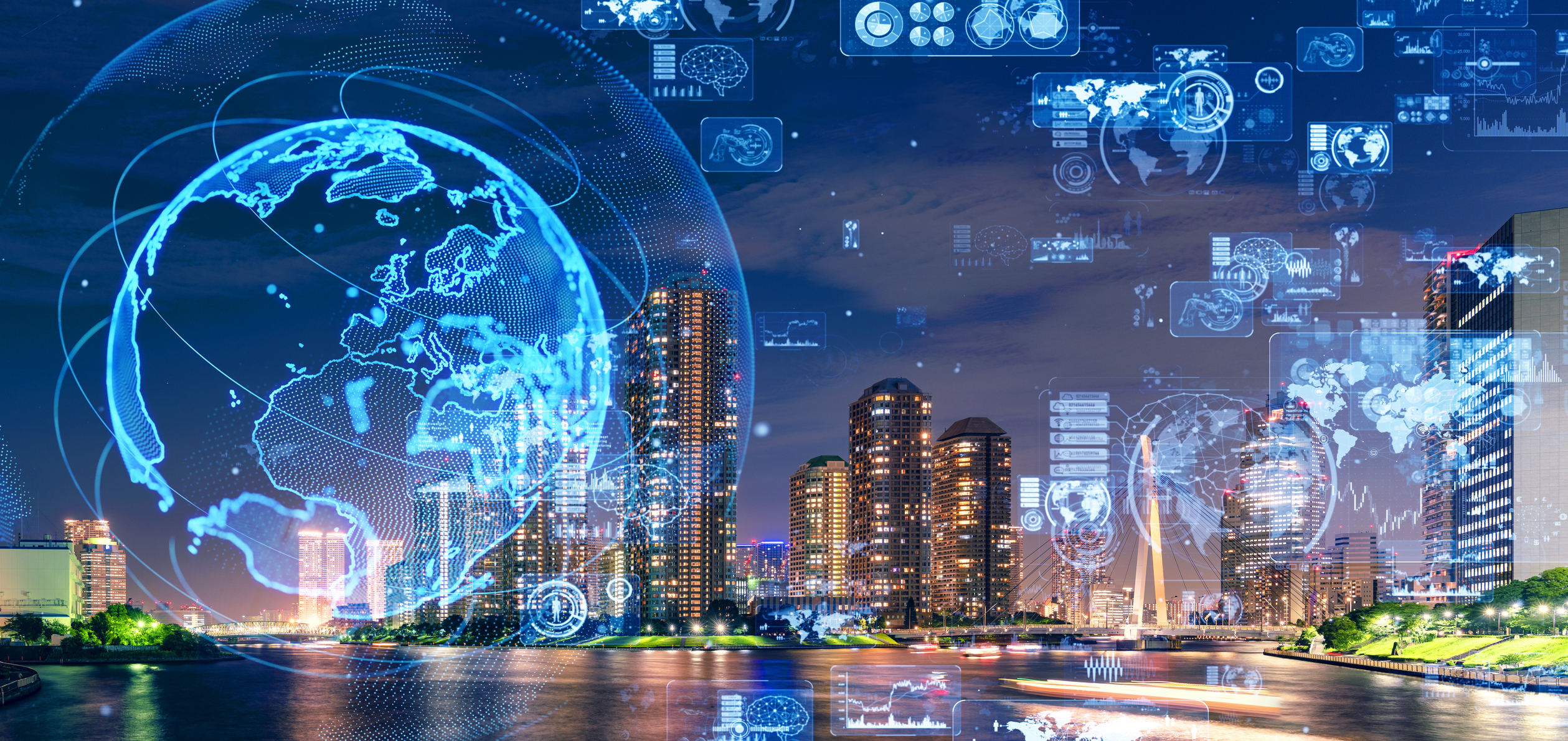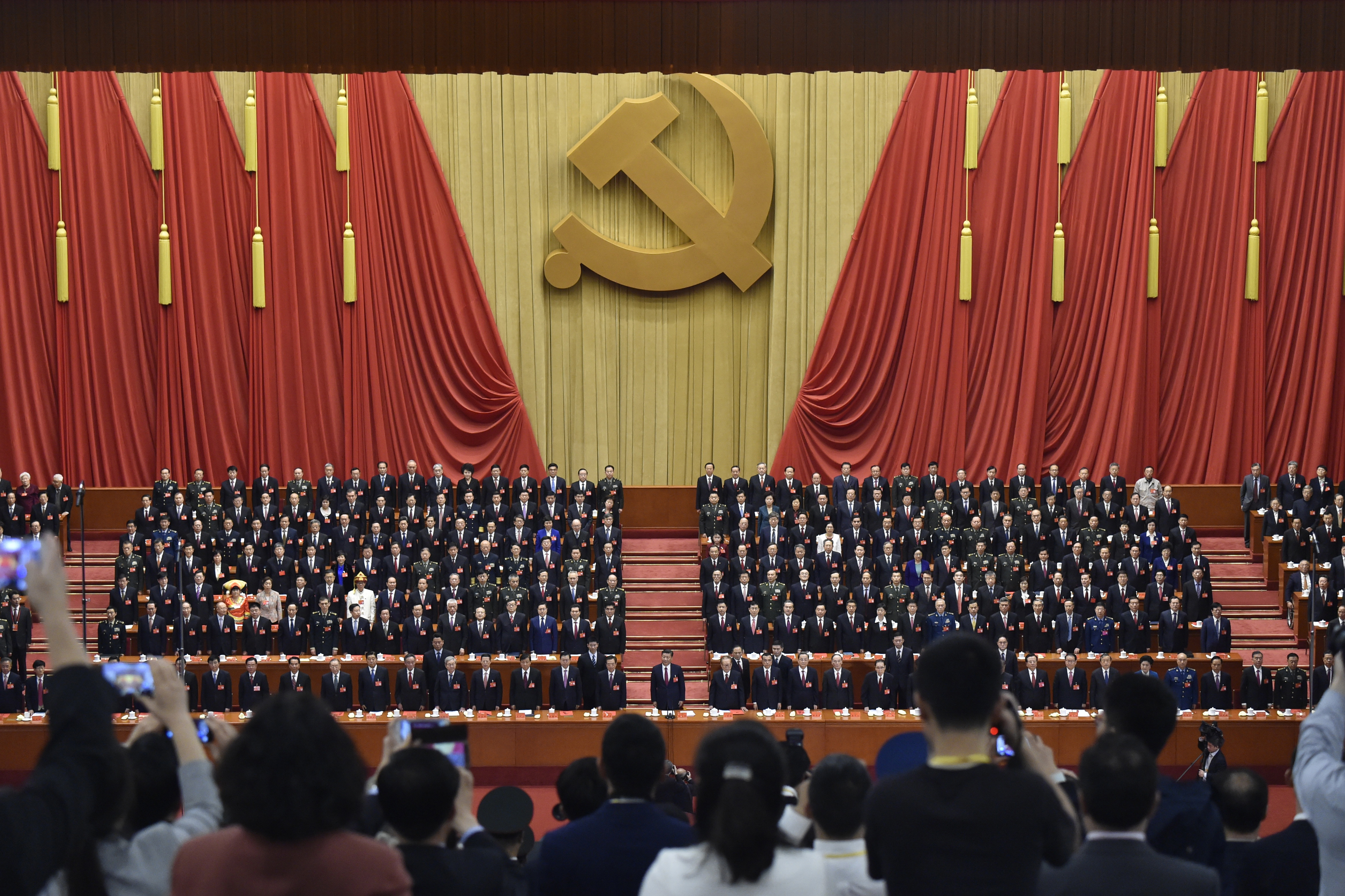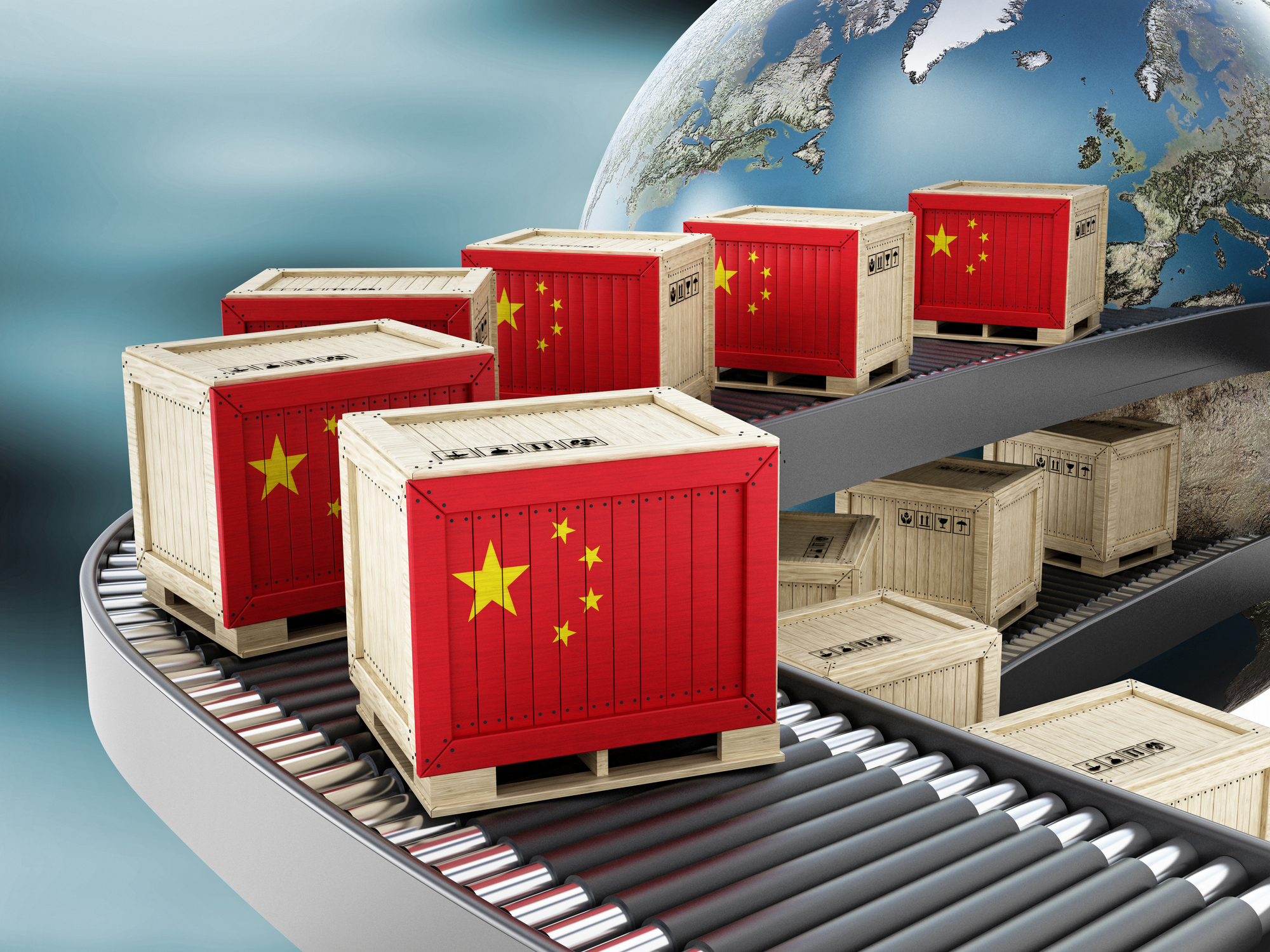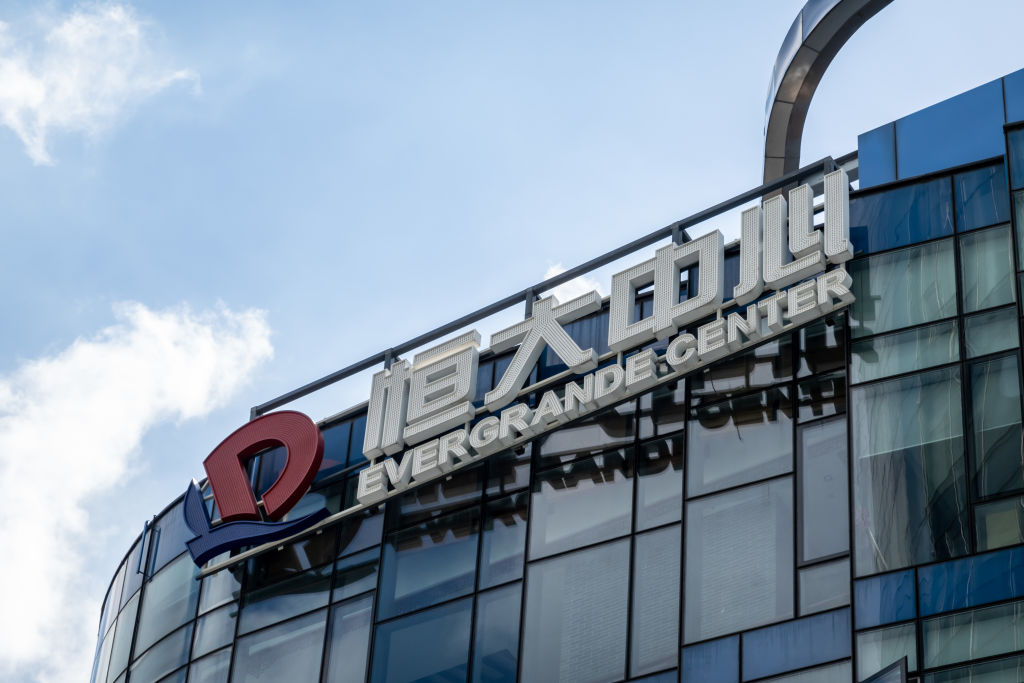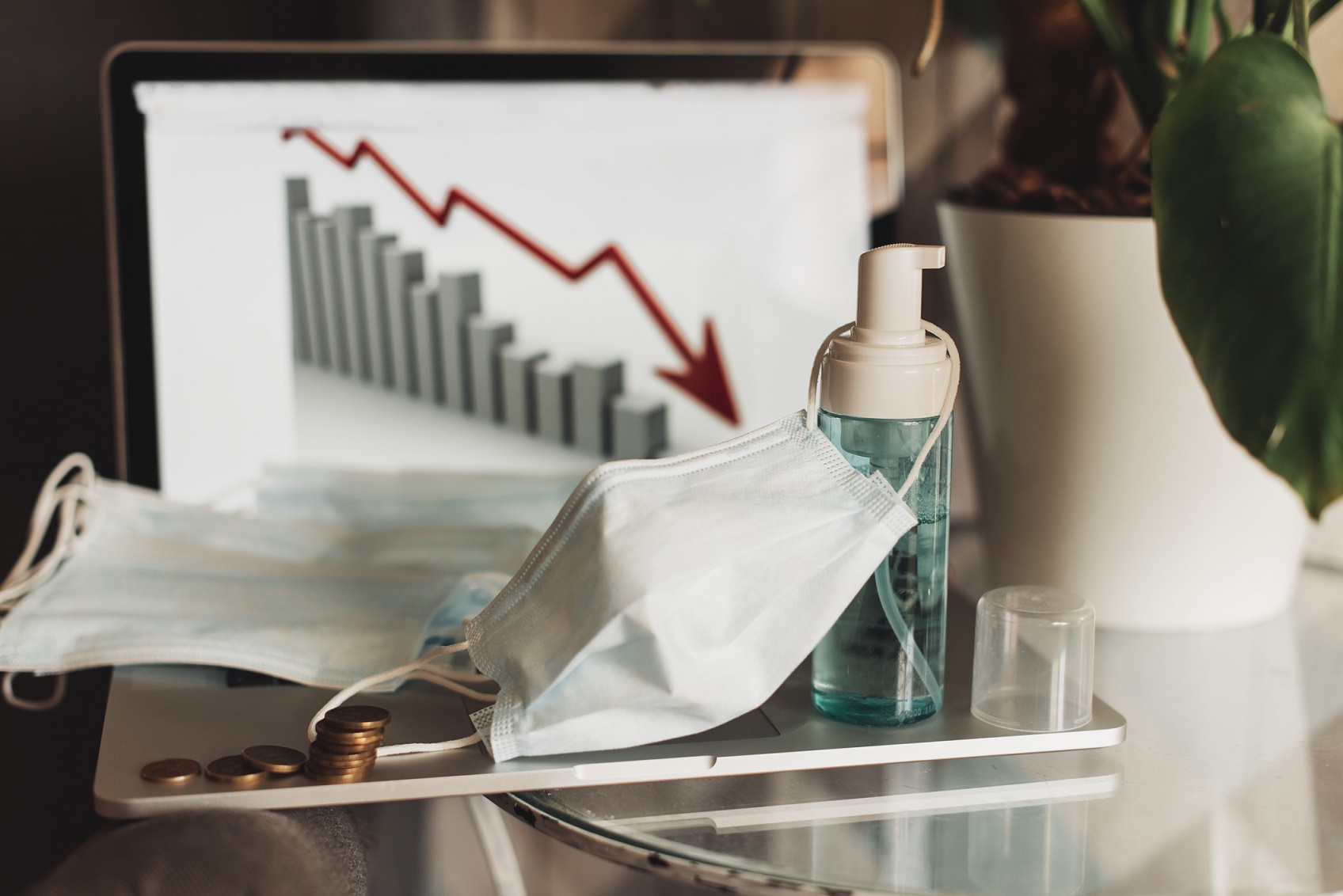
Statistics released by Beijing on March 16 suggest that the impact of the coronavirus on the Chinese economy could prove even worse than anticipated, with dire repercussions for the world economy as a whole. In the third of our series of interviews on the economic fallout from COVID-19, Senior Fellow Ke Long offers his assessment.
* * *
——Economic statistics for the first two months of 2020, released by the Chinese government on March 16, showed unprecedented year-on-year drops in the key indicators of industrial production, retail sales, and fixed-asset investment, and there’s a growing sense that the nation’s gross domestic product for the first quarter could contract for the first time on record. What’s your reaction to this information?
KE LONG: The COVID-19 pandemic started in China and spread from there to the rest of the world. So, other countries are anxious to see just how seriously China’s economic activity and growth have been affected. Some slowdown was naturally expected, but the sharp drop in the key indicators released on March 16 went beyond what most people anticipated. It’s a sobering indication of the depth of the wound inflicted by the coronavirus.
——We’ve been told that the epidemic is under control within China, so can we look forward to a V-shaped economic recovery there?
KE: Beijing has announced that China has defeated the coronavirus, but the World Health Organization has yet to verify that. In my view, if the Chinese government believed the virus was completely under control, it should have gotten a team of specialists from the WHO to come in and verify the fact before declaring victory.
So, why was Beijing in such a hurry to announce that the crisis was in hand? The reason is simply that it wanted to lift the lockdowns and travel restrictions and get its cities, businesses, and factories functioning again as soon as possible. The government knew that if the shutdown continued, many more businesses would collapse, causing a surge in unemployment. That could trigger social unrest and undermine the stability of the Communist regime. The timing of the declaration was motivated by the need to avoid a situation that might destabilize the government.
The dilemma is that putting people back to work this soon risks unleashing a second wave of COVID-19, especially with doctors in China reporting cases of patients who recovered but tested positive later on. The government faced a choice: Wait until it was certain the virus was eradicated, or put people back to work while taking various precautions to prevent a new wave. China’s leaders weighed the risks and went with the second option.
In this context, I think people need to be a lot more cautious in their forecasts and not assume that the Chinese economy will bounce back the minute its factories resume production.
——How would a protracted slowdown in China affect the world economy?
KE: China has been called “the world’s factory,” and for good reason. Practically all the major multinational firms have production facilities there. Low labor costs are a big part of what has attracted investment by businesses from all over the globe. But another aspect is China’s appeal as a huge and growing market for goods and services. Per capita GDP topped US $10,000 for the first time in 2019. In other words, China is not just the world’s factory but also its most promising market.
Under the circumstances, the damage the coronavirus has inflicted on the Chinese economy is bound to have a serious impact on the rest of the world, and Japan and South Korea are among those that will feel the effects most acutely.
The COVID-19 crisis has highlighted the risks that excessive dependence on China poses to the global supply chain and the world economy. Of course, the reality is that there’s currently no other country that can match China as both a center for low-cost production and a booming market for goods. So, the change is going to be painful for everyone, but I think there’s a need for us to rethink the way we do business with China.
——How does that apply to Japan, which has a very close economic relationship with China?
KE: These days, I imagine that’s one of the questions uppermost on the minds of Japanese business executives—how to manage the risk of doing business in China going forward. There’s no denying the business opportunities China presents, but the risks are great as well, and this latest crisis has thrown those risks into high relief.
While the coronavirus outbreak that precipitated the current crisis can be regarded as an “act of God,” the escalation of the outbreak into a pandemic was the result of mishandling by the Chinese authorities, particularly their failure to disclose accurate information in a timely fashion. That includes Beijing’s abrupt decision to lock down Wuhan and other cities without a word of warning to neighboring countries or close trading partners like Japan, leaving them totally unprepared. This lack of transparency constitutes one of the major risks of doing business with China.
Before the pandemic, President Xi Jinping was scheduled to visit Japan for a summit with Prime Minister Shinzo Abe, and that meeting will probably take place once the crisis is past. In my view, it’s vital that the two leaders make use of the occasion to launch a dialogue toward the establishment of a mechanism for sharing information and coordinating a response in the event of future crises.

